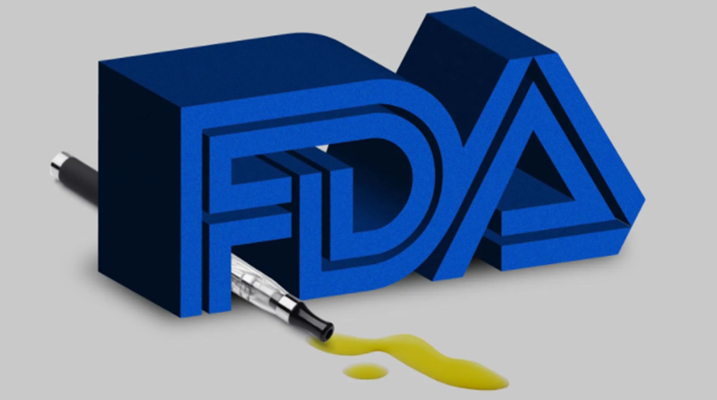FDA is processing applications for approx. 1 mil. non-tobacco nicotine products submitted by two hundred manufacturers and is preparing to issue refuse-to-accept letters for applications that don’t meet the criteria for acceptance.
The FDA’s Wednesday press release linked a list of one hundred and seven retailers that received warning letters for selling synthetic nicotine-based products (not necessarily just vape device) to minors. All but one of the letters were issued on June 30, and most appear to have gone to smoke shops, convenience stores and gas stations.
A growing number of companies began using synthetic nicotine in an attempt to evade FDA regulation. In April, a federal law went into effect that clarified FDA’s authority to regulate tobacco products containing nicotine from any source, including synthetic nicotine.
“The lowest of low-hanging fruit for the FDA are U.S.-based companies that previously registered tobacco-derived nicotine products, but later switched to synthetic nicotine and did not file PMTAs,” Conley said. “This is another case of the FDA punting on tough decisions and instead targeting small business manufacturers of open system vaping products.”
“In the coming weeks, we will continue to investigate companies that may be marketing, selling, or distributing non-tobacco nicotine products illegally and will pursue action, as appropriate,” said FDA Center for Tobacco Products (CTP) Director Brian King, who began work at the agency less than two weeks ago.
The FDA doesn’t have resources to investigate and seize all of the unauthorized synthetic (or non-synthetic) nicotine products sold across the country. It must focus its efforts based on priorities set by agency leadership.
Technically, all vaping products without FDA authorization are on the market illegally, and have been since the Deeming Rule gave the FDA authority over e-cigarettes on Aug. 8, 2016. Except for the half-dozen or so devices authorized by the agency since last fall, all vaping products exist on the U.S. market solely because of FDA enforcement discretion.
Post time: Jul-18-2022









